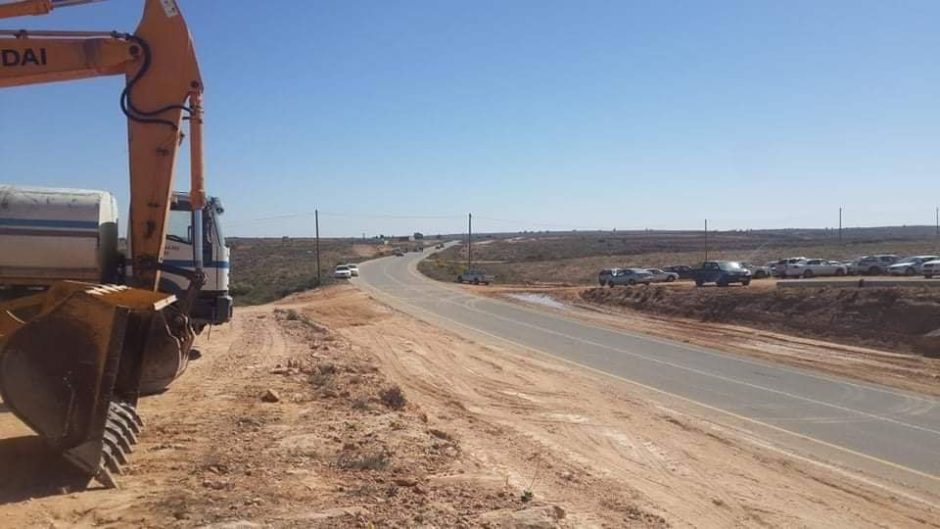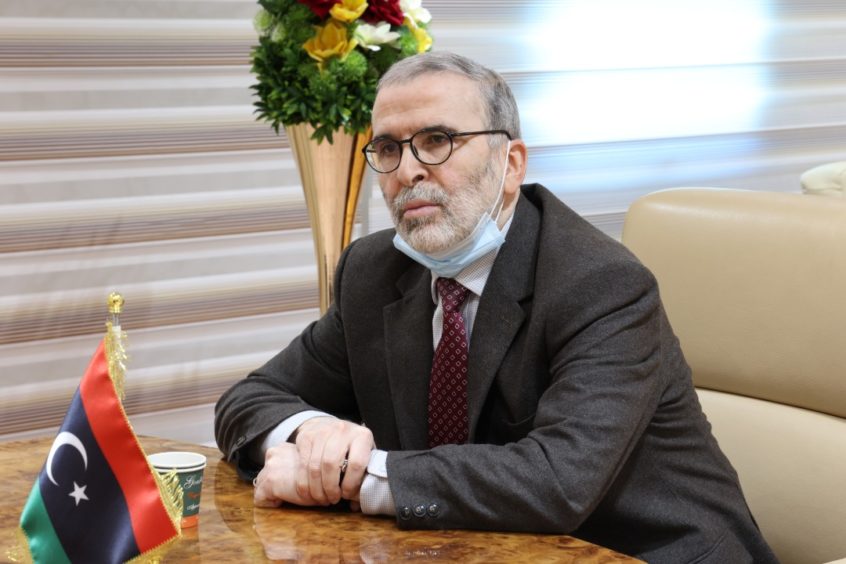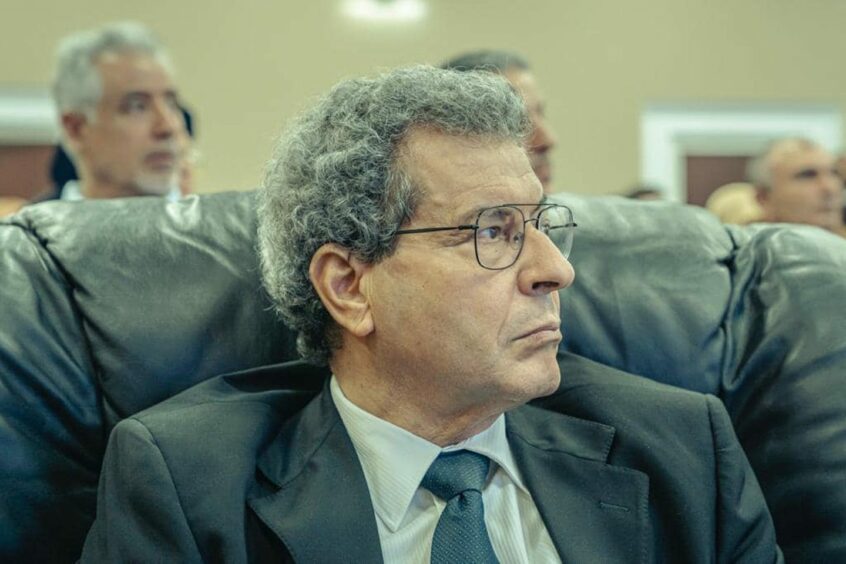
National Oil Corp. (NOC) has declared force majeure at Es Sider and Ras Lanuf, joining the Brega and Zueitina terminals.
Chairman Mustafa Sanalla said the company’s “patience has run out”. NOC had tried to avoid this declaration, he said, but implementing “our obligations has become impossible”.
The official also said power plants at Zueitina, North Benghazi and Sarir would also halt operations. Gas flow to the power plants comes from fields owned by Waha Oil and Mellitah Oil & Gas. Stoppages upstream have reduced gas flows to the coastal pipeline.
Oil production is down by 865,000 barrels per day, the official said, at 365,000-409,000 bpd. Problems have reduced gas flows by 220 million cubic feet per day.
“Today more than ever, we are facing cumbersome challenges represented by our inability to cover the needs of vital facilities in the country with fuel”, Sanalla said.
Restrictions on oil production reduces the amount of liquid fuel available, he said. Sanalla accused the Central Bank of Libya (CBL) and Ministry of Finance of refusing to provide US dollars, which has disrupted fuel supplies.
“It is not surprising that the crisis will worsen in the summer season unless oil production is resumed or the current deficit is addressed to calculate fuel,” he continued.
Verisk Maplecroft’s Hamish Kinnear noted the link between the oil sector and political problems.
“Libya’s Gulf of Sirte export terminals are controlled by the Libyan National Army (LNA) of Khalifa Haftar, which is using the threat of closures as a blunt weapon of economic pressure against the Tripoli-based Government of National Unity (GNU),” Kinnear said.
Political problems
Sanalla focused his ire on politicians, and the Minister of Oil Mohamed Oun in particular. It is an “unforgivable sin” for political differences to use oil as a bargaining chip, he said.
The minister “lives in a state of denial of reality, sometimes he goes out to the media to mislead public opinion and says that stopping oil production is not a loss, and sometimes he tries to use the government, and we don’t know why he manipulates facts, distorts events, denies principles, and lives in the tightness of his obsessions.”
The Ministry of Oil issued a statement on June 30. The ministry singled out Sanalla and NOC’s concerns about running short of fuel. The ministry said the government had approved the swapping of crude for fuel.
NOC’s additional concerns, the ministry said, were intended to create confusion and panic among the Libyan people. Sanalla was responsible for this and other issues to boot, including “economic crimes”, problems with reservoirs and the abuse of workers, the ministry said.
Kinnear said pressure on Sanalla was another problem for Libya. Removing Sanalla “would be a sign of the increasing politicisation of the NOC management itself, which portends poorly for oil sector governance and the reliability of oil and gas exports”.


 © Supplied by Libyan Ministry of O
© Supplied by Libyan Ministry of O